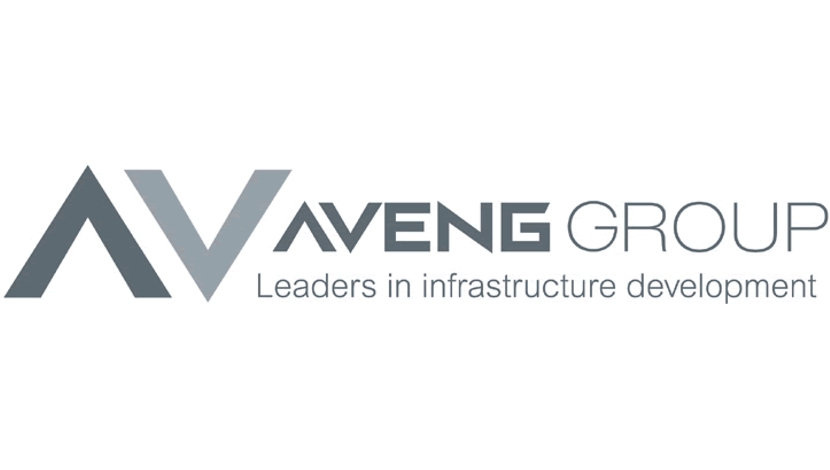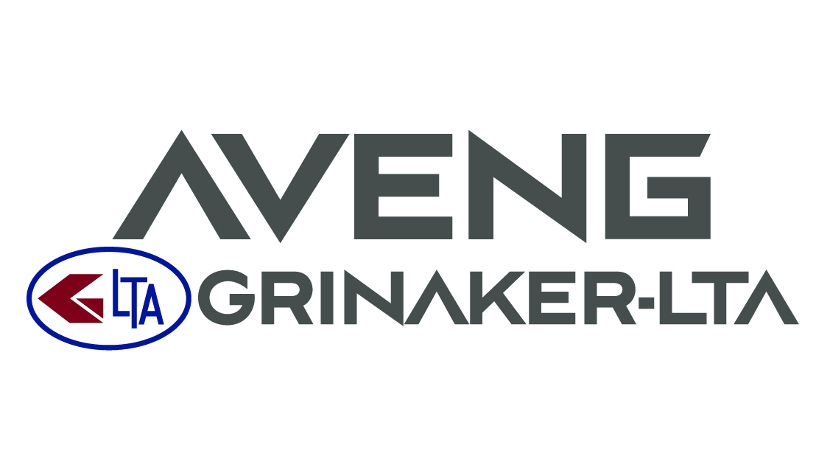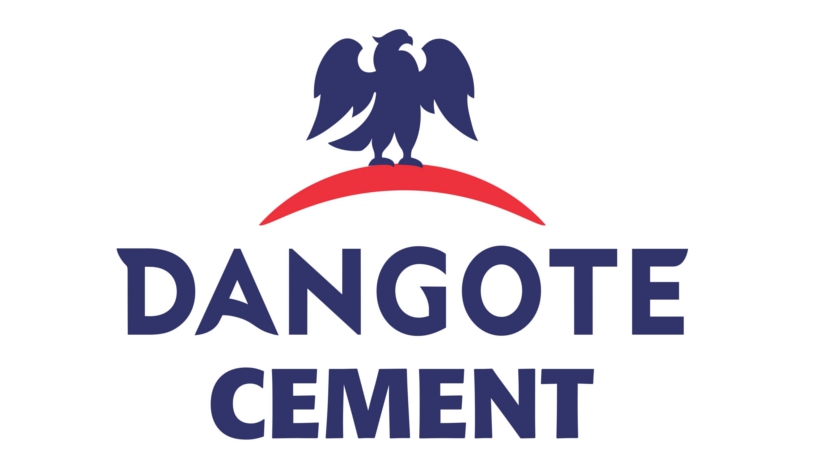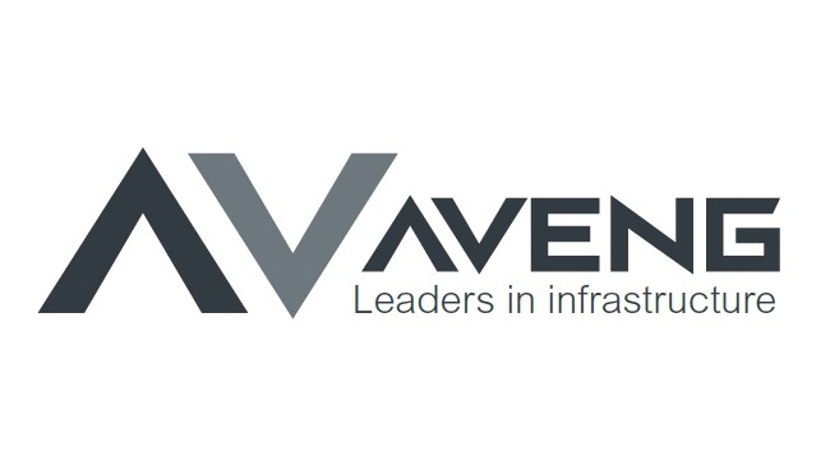

Aveng executive chairperson Eric Diack, who has stepped in as acting CEO at the construction group following Kobus Verster’s surprise resignation, says a “no-holds-barred” strategic review is currently under way in a bid to improve the company’s immediate liquidity position and position it for a return to profitability.
The review comes in the wake of a massive R6.4-billion headline loss for the year to June 30, which precipitated Verster’s immediate departure; a move he formally communicated to Aveng on September 22.
The loss was attributed to a series of “detrimental events”, including arbitration settlements that were far lower than initially anticipated. Unfavourable rulings (including the A$50.5-million award at the Queensland Curtis liquefied natural gas project against an initial expectation of A$285-million) triggered a reassessment of Aveng’s uncertified revenue position, which resulted in write-downs of R5.6-billion during the year.
Aveng has lowered its uncertified revenue and claims to R4.4-billion from R9.5-billion a year ago and has indicated that there has been a shift in emphasis towards pursuing negotiated settlements with clients, particularly those with which the JSE-listed group wanted to sustain long-term relationships.
The review will be finalised by November 30 and its outcome will be reported to stakeholders in December. It will assess the group’s “optimal business portfolio” and is expected to result in the identification and disposal of noncore assets in an effort to bolster balance-sheet sustainability.
The proceeds from any disposals will be earmarked for the reduction of debt or the creation of additional liquidity headroom, which currently stands at R1-billion.
Already the company has initiated a programme to sell properties and investments in companies where it has a minority position. However, Diack indicates that other disposal targets will be identified during the “robust” review process and he does not discount the possibility of Aveng eventually emerging as a far smaller entity.
The troubled Grinaker-LTA business, as well as Aveng’s various manufacturing units are in the crosshairs, with McConnell Dowell having been “reset”, following a restructuring and recapitalisation exercise. The outlook for Aveng Mining is also relatively strong, with its two-year order book standing at R7.8-billion.
Diack stresses that the hatchet will not be applied bluntly to Grinaker-LTA, where the electrical and mechanical units are performing to expectations. However, the civilsbusiness – which had a disastrous interim period, having shown signs of recovery in the first half of the financial year – would come under intense scrutiny. Grinaker-LTA is also currently without an MD after Chris Botha’s recent departure.
Diack said that there was no immediate intention to exit the South African construction market, despite domestic infrastructure outlook being subdued.
The group’s order book has expanded to R29.9-billion from R27.7-billion six months earlier, primarily as a result of improving market conditions in Australia, as well as a rise in orders for Aveng Mining.
The backlog is also sufficient to sustain its current headcount of around 15 500 employees, around 1 400 people fewer in 2016. In 2014, Aveng’s headcount stood at over 33 000, while its revenues were over R50-billion. In 2017, its revenues were only R23-billion.
Diack doesn’t expect the strategic review to derail Aveng’s sale of a 51% beneficial interest in Aveng Grinaker-LTA to Kutana Construction, a black economic empowerment company.
Diack says no search has been initiated to replace Verster, indicating “structure will follow strategy”. However, Aveng will seek to secure a new CEO within the first six months of 2019.





